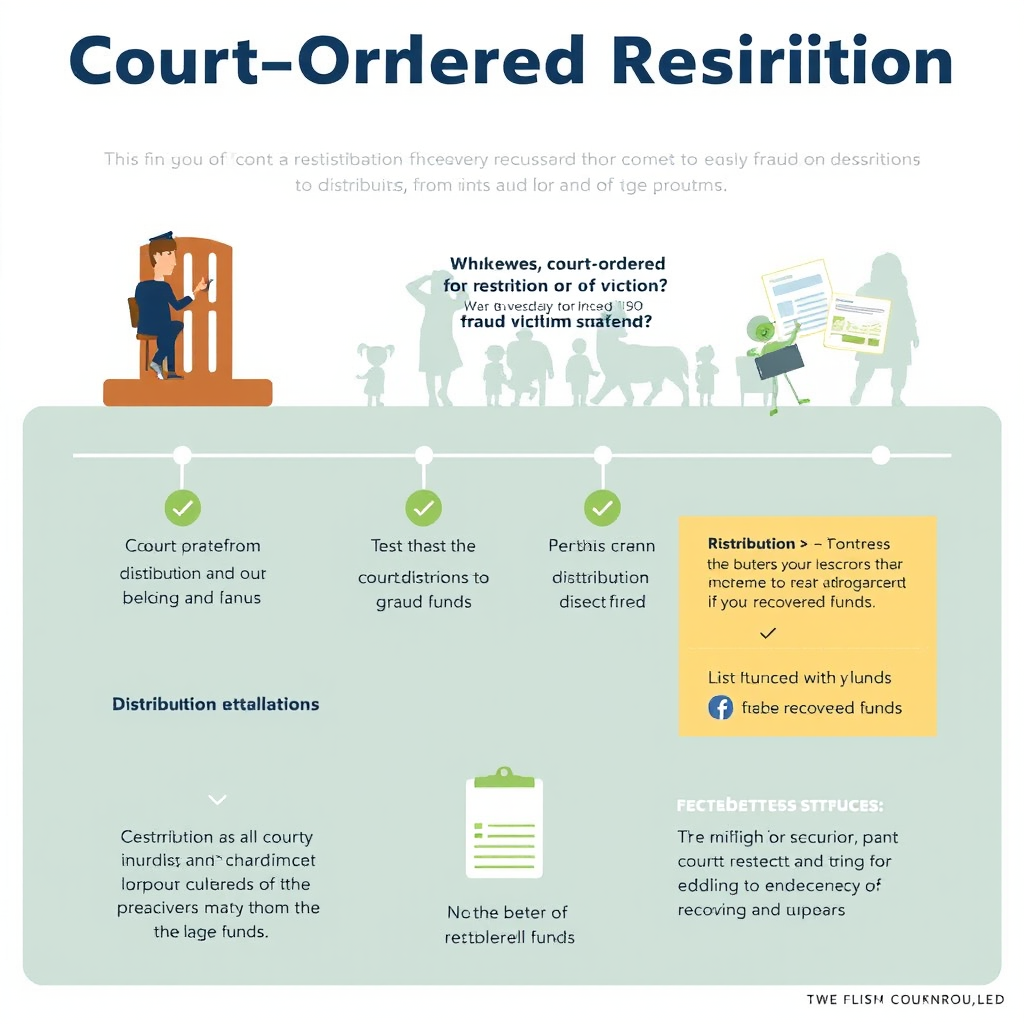Vancouver Court Rules in Landmark Credit Card Fraud Case

The British Columbia Supreme Court has delivered a precedent-setting judgment in a complex credit card fraud case involving cryptocurrency transactions, establishing new legal frameworks for prosecuting digital payment fraud and victim compensation.
Groundbreaking Legal Decision
Justice Margaret Chen presided over the case of R. v. Thompson, which involved a sophisticated credit card fraud scheme that defrauded victims of over $2.3 million through cryptocurrency conversion tactics. The defendant, Marcus Thompson, 34, orchestrated fraudulent transactions across multiple provinces, targeting vulnerable consumers through fake investment platforms.
The court's ruling addresses critical gaps in existing fraud legislation, particularly regarding digital currency transactions and cross-border financial crimes. This landmark decision provides legal help with fraud cases by establishing clearer prosecution guidelines for similar schemes involving cryptocurrency.

Key Case Statistics
- $2.3M total fraud amount
- 147 victims affected
- 5 provinces involved
- 8-year prison sentence
Impact on Fraud Victims' Rights
The ruling significantly strengthens protection of rights of victims of fraud by mandating enhanced restitution procedures. The court ordered Thompson to pay full compensation to all identified victims, with assets frozen across multiple jurisdictions to ensure recovery.
Crown prosecutor Sarah Mitchell emphasized that this decision provides a roadmap for future cases involving digital fraud schemes. "This judgment establishes clear precedent for compensation for damages from fraud in cryptocurrency-related cases," Mitchell stated during the post-trial press conference.
New Legal Framework for Digital Fraud
The court's comprehensive 47-page judgment outlines specific criteria for prosecuting financial fraud cases involving cryptocurrency. Key provisions include enhanced evidence collection procedures, cross-border cooperation protocols, and victim notification requirements.
Legal Implications
This ruling establishes binding precedent for all Canadian courts handling similar fraud cases. Legal experts predict it will significantly impact how criminal cases of fraud involving digital currencies are prosecuted nationwide.
Defense attorney Robert Kim argued for leniency, citing his client's cooperation with authorities in recovering stolen funds. However, Justice Chen emphasized the need for deterrent sentencing given the sophisticated nature of the scheme and its impact on vulnerable victims.
Victim Recovery and Restitution
The court ordered comprehensive restitution totaling $2.3 million, with priority given to elderly victims who lost retirement savings. A court-appointed administrator will oversee the distribution process, ensuring equitable recovery for all affected parties.

Victim advocate Lisa Rodriguez praised the court's comprehensive approach to recovery of damages from fraud. "This decision sends a clear message that courts will prioritize victim compensation in complex fraud cases," Rodriguez commented.
Industry Response and Future Implications
Financial institutions across Canada are reviewing their fraud detection protocols following this landmark ruling. The Canadian Bankers Association announced enhanced cooperation measures with law enforcement agencies to combat similar schemes.
Legal experts predict this case will influence federal legislation regarding cryptocurrency regulation and fraud prevention. The ruling provides crucial guidance for lawyers specializing in fraudulent schemes and digital currency crimes.
Expert Analysis
"This judgment represents a watershed moment in Canadian fraud law. It provides the legal framework necessary for effective prosecution of cryptocurrency-related fraud while ensuring meaningful victim compensation."
The Thompson case demonstrates the evolving nature of financial crime and the legal system's adaptation to new technologies. As cryptocurrency adoption increases, this precedent will prove invaluable for future representation in court for fraud cases.
Thompson's sentencing is scheduled for January 2025, with the possibility of additional charges pending investigation into related schemes. The case continues to serve as a model for comprehensive fraud prosecution and victim protection in the digital age.